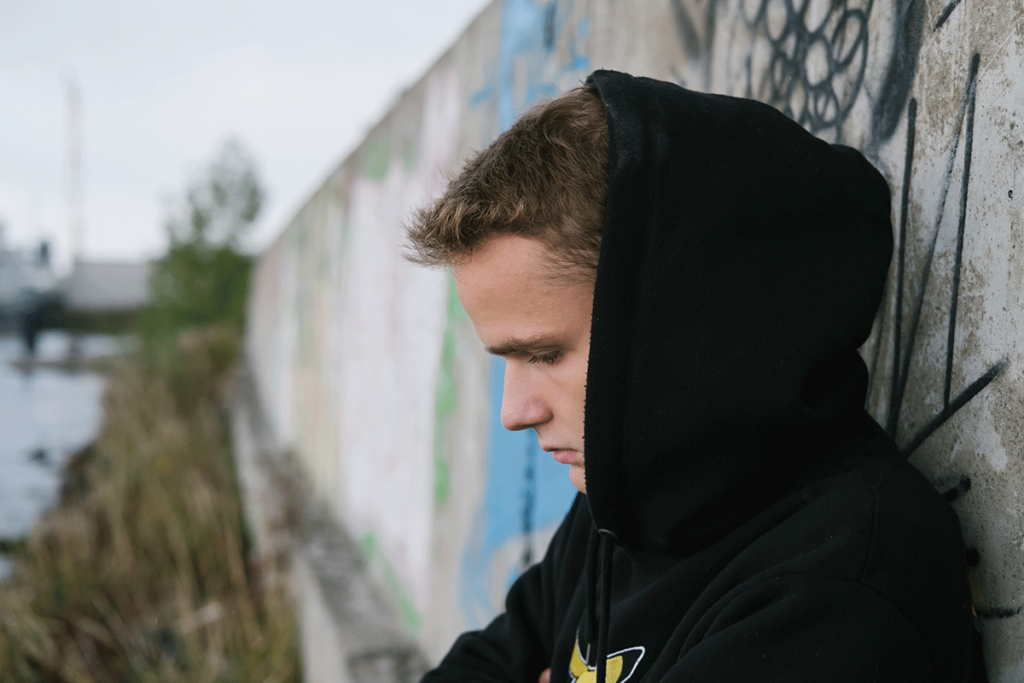Bipolar disorder and substance abuse are often closely linked, especially among teens. Co-morbidity is a technical term that describes the event of two conditions which occur together. Co-occurring conditions are quite common in medicine. Knowing which conditions tend to go hand-in-hand gives doctors and other health care providers clues as to what illnesses they must be on guard against or watchful of. Let’s take a closer look at the phenomenon of bipolar disorder and substance abuse among teens.
Would you like to know more about our substance abuse treatment center? If so, call us today at 844.875.5609.
Bipolar Disorder, Substance Addiction, and Teens
Several studies in recent years have focused on the co-morbidity of bipolar disorder (BPD) and substance abuse disorder among teenage patients. Young people who struggle with the mood disorder frequently also battle with substance abuse.
One co-morbidity study looked back through data collected between 2001 and 2003 via the National Co-morbidity Survey Replication (NCSR). The survey was designed to report on mental health through a wide angle lens. However, researchers in the new study honed in on the 158 children and teenagers in the survey who had BPD. By analyzing the data, the researchers found information helpful in understanding the interplay of BPD and substance abuse among youth. To begin with they noted that boys with BPD were more likely than girls with the disorder to develop substance abuse issues.
Links Between Suicide Attempts and Substance Abuse
Research found that an attempt at suicide formed the strongest factor in predicting which young people would engage in substance abuse. A suicide attempt appeared to factor in more powerfully than did other common factors such as family history, having attention deficit- hyperactivity disorder (ADHD) or even frequent hospitalizations.
Another study underlined the risk that teenagers with bipolar BPD face when it comes to substance abuse. This time the study looked at 105 teenagers with BPD who are part of a longitudinal study on BPD among teens. The researchers compared those 105 with 98 teens who did not have BPD. Researchers reported that the kids with BPD ran a markedly higher risk for substance abused compared to kids without the disorder (31% compared to 4%).
Research also indicates that when the BPD is treated, the risk for co-morbid substance abuse likewise diminishes. This emphasizes just how important it is that BPD be recognized as soon as possible. Patients with BPD should be warned by healthcare providers about the potential risk. On the flip side, when teens are undergoing treatment for substance abuse, it may be wise to screen them for BPD as well.
Treatment For Bipolar Disorder and Substance Abuse Among Teens
Treatment for substance abuse and bipolar disorder in teens typically involves a combination of psychotherapy, medication, and lifestyle changes. Psychotherapy is an important part of treatment to provide support and education about the condition. It can help teens learn better coping skills and how to manage their symptoms more effectively. Medication serves a purpose in treatment by helping stabilize moods and manage symptoms.
In some cases, lifestyle changes such as getting enough rest, eating healthy, and exercising regularly can be beneficial for treating bipolar disorder. It is important to work closely with a healthcare provider. This will ensure the right treatment plan is in place for each individual teen. Parents should involve themselves in their child’s care and be aware of any changes in mood or behavior.
Get the Help You Need Today
At Promises Behavioral Health, our specially trained team can treat teens with bipolar disorder and substance abuse. We understand how difficult it can be for teens to manage these conditions. Therefore, we provide personalized care tailored to each individual’s needs. Our compassionate and committed professionals help teens develop tools and techniques to better manage their symptoms and maintain a healthy lifestyle.
If you have questions or concerns about how we can help your teen with bipolar disorder and substance abuse, please don’t hesitate to contact us at 844.875.5609. We are here to provide support for teens and families struggling with this condition.

